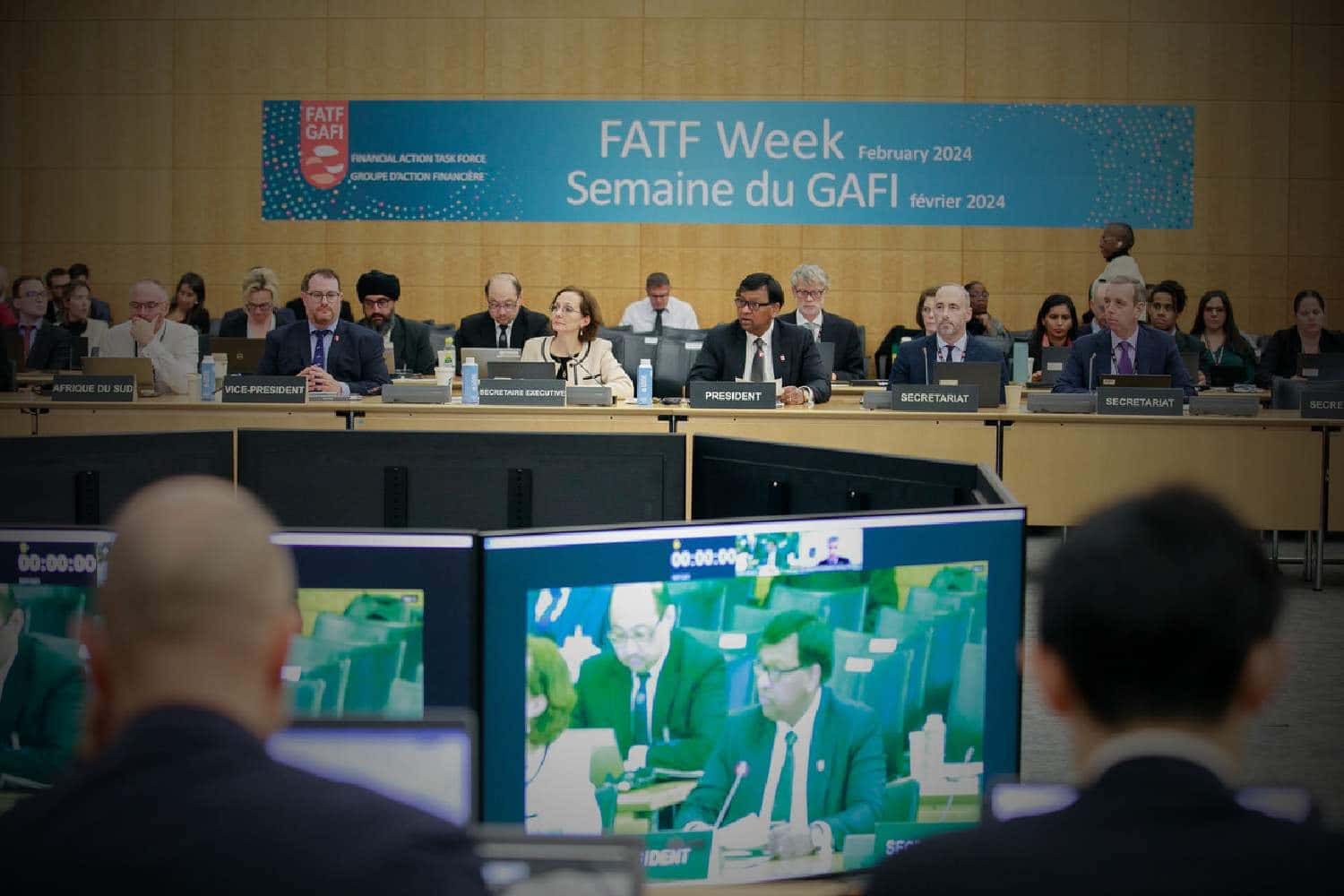Excitement is growing within South Africa’s financial and compliance sectors as the country approaches a crucial week in its ongoing engagement with the Financial Action Task Force (FAFT).
The FAFT Plenary, scheduled to take place in Paris from Wednesday, will determine whether South Africa has made sufficient progress to be removed from the grey list — a global monitoring category for countries that have strategic deficiencies in combating money laundering and terrorist financing.
According to the National Treasury’s statement, issued on 21 February 2025, South Africa has now addressed or largely addressed 20 of the 22 action items outlined in its action plan with the FAFT.
Only two outstanding items remain — both related to demonstrating a sustained increase in the investigation and prosecution of serious and complex money laundering, and terrorist financing offences.
The Treasury confirmed that these two remaining items are the most difficult to complete, as they require the country to show “sustained progress over successive reporting periods.”
If South Africa maintains this trajectory, it could be considered for removal from the grey list at the FAFT Plenary in October 2025.
“Our investigation and prosecution teams are working closely in terms of a prosecution-guided investigation strategy to ensure that we demonstrate the sustained progress as required by FATF,” Treasury said.
The FAFT Plenary, attended by delegates from over 200 jurisdictions, serves as the organisation’s decision-making forum on global anti-money laundering (AML) and counter-terrorism financing (CFT) measures.
During its previous meeting in October 2024, the FATF removed Senegal from increased monitoring and noted South Africa’s significant progress in improving compliance standards.
Economists have also been watching developments closely.
According to a report by BusinessTech, local markets and investors are optimistic, with analysts expecting South Africa’s eventual delisting to strengthen the rand and improve investor confidence.
“Removal from the grey list may not have an immediate mechanical impact,” ETM Analytics noted, “but it would lend the ZAR greater support over the medium to long term, and remove one reason for investors to hold back on South Africa”.
South Africa was placed on the grey list in February 2023 after FAFT identified deficiencies in its financial oversight systems.
Since then, the government has introduced sweeping reforms across law enforcement and financial regulation, including amendments to anti-money laundering laws, the establishment of beneficial ownership registries, and improved coordination between regulators and the Financial Intelligence Centre.
National Treasury made it clear that delisting is not just a matter of reputation, but also of long-term economic benefit.
Being greylisted can discourage foreign investment, raise compliance costs for banks, and increase transaction monitoring requirements for South African companies doing business internationally.
The outcome of this week’s plenary is expected to be announced by Friday,24 October 2025, when FAFT releases its updated list of countries under increased monitoring.
For a deeper look into South Africa’s progress in fighting financial crime, listen to Laundered, a special podcast produced by RelyComply, exploring the country’s journey from greylisting to reform.
